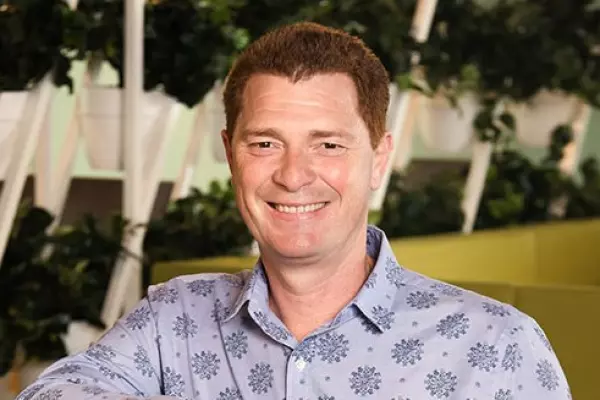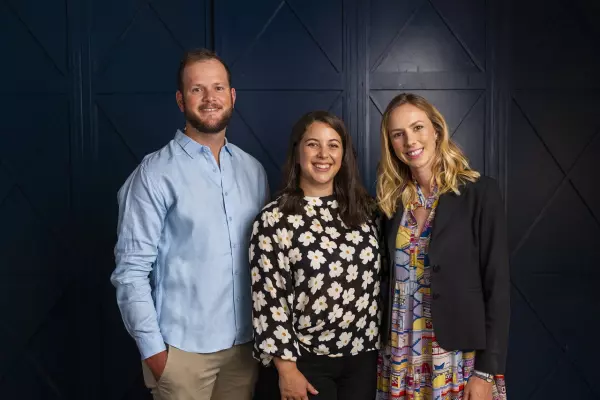Techweek is underway in New Zealand, with its organisers focusing on inspiring the next generation of technology professionals.
The week-long programme of free and paid events has been run in some form since 2012 and anyone can attend. It is organised by industry body NZTech.
Chief executive Graeme Muller was keen to point out the organisation doesn’t host any events itself, preferring to act as the facilitator.
“What we do is work with all the different stakeholders to try and develop some key themes for the year, and this one is about connecting to the future, for a better future,” Muller told BusinessDesk.
NZTech partners with city councils, economic development agencies and government agencies to help communities put on events throughout the week, with gatherings online and in-person around the country.
This year there are over 300 events.
“The whole philosophy of NZTech, and Techweek is an example of it, is to be a connecting platform rather than to be the organisation that solves it all.
“Its overarching purpose is two-fold. One is to inspire the next generation of New Zealanders interested in tech and see what the opportunity is, and just be exposed to it. The other side of it is to showcase our best.”
Muller said the education ministry went to schoolchildren and asked what they want to see and hear about from the tech industry. The resounding answer was people like them who have achieved in the sector.
At an event today in Manakau, Auckland, 1,500 year 7 to year 10 students gathered to hear from business leaders such as Ian Taylor, and young Māori and Pacific entrepreneurs the children can look up to as role models.
A Public Service Commission 2019 report found only 7.4% of the public sector’s ICT professionals and technicians are Māori, and only 4.9% are Pacific.
“I think it's something that can change really, really fast,” Muller says of the misrepresentation.
Addressing imbalance
NZ TechWomen co-chair Samar Alrayyes agrees. She told BusinessDesk the organisation, which is connected to NZTech, tries “as much as possible to be influential in having a fair opportunity for women who would like to have tech as a career”.
Alrayyes helped to put on a TechWeek event in Christchurch over the weekend to talk with the community affected by the Christchurch shooting and find out the challenges their businesses are facing. Many in attendance were widows, young women, and daughters of impacted families.
She said NZ TechWomen’s goal is to “make sure that everyone has that opportunity and the right and the fair opportunity to be promoted and achieve their dreams, to have equal pay, to offer young women the opportunity to understand what tech is and understand how inspiring it could be”.
But she said it needs the buy-in of the rest of the industry.
“Why do we have a gap? Why do we still talk about it? In 2021, we should not have a gap, we shouldn't have this as a topic, we shouldn't have this as a pillar.
“If we are saying that the sector is dominated by men, if this is the case, then the ones hiring are men, and the ones making decisions are men, and the ones making policy are men, so they have to be on board.”
She went as far as to suggest technology shouldn’t be viewed as a siloed sector of its own in the first place.
“I don’t believe tech is or should be a separate industry. Tech is part of every industry,” she said.
“It has to be language, math, and tech. It cannot be separated anymore.”
She acknowledged that role models from less represented backgrounds have inspiring roles in New Zealand technology companies, but NZ TechWomen is trying to encourage them to be more engaged with younger generations still uncertain of their career paths.
“The experience we’ve had as NZTech is that it’s getting the local Māori and Pacific entrepreneurs and supporting them, finding a way to support them to solve the problem rather than us trying to solve the problem for them,” Muller said.
“Part of that is providing a place where they actually get involved and showcase, and then also providing funding through to them so they can run their own initiatives.”















